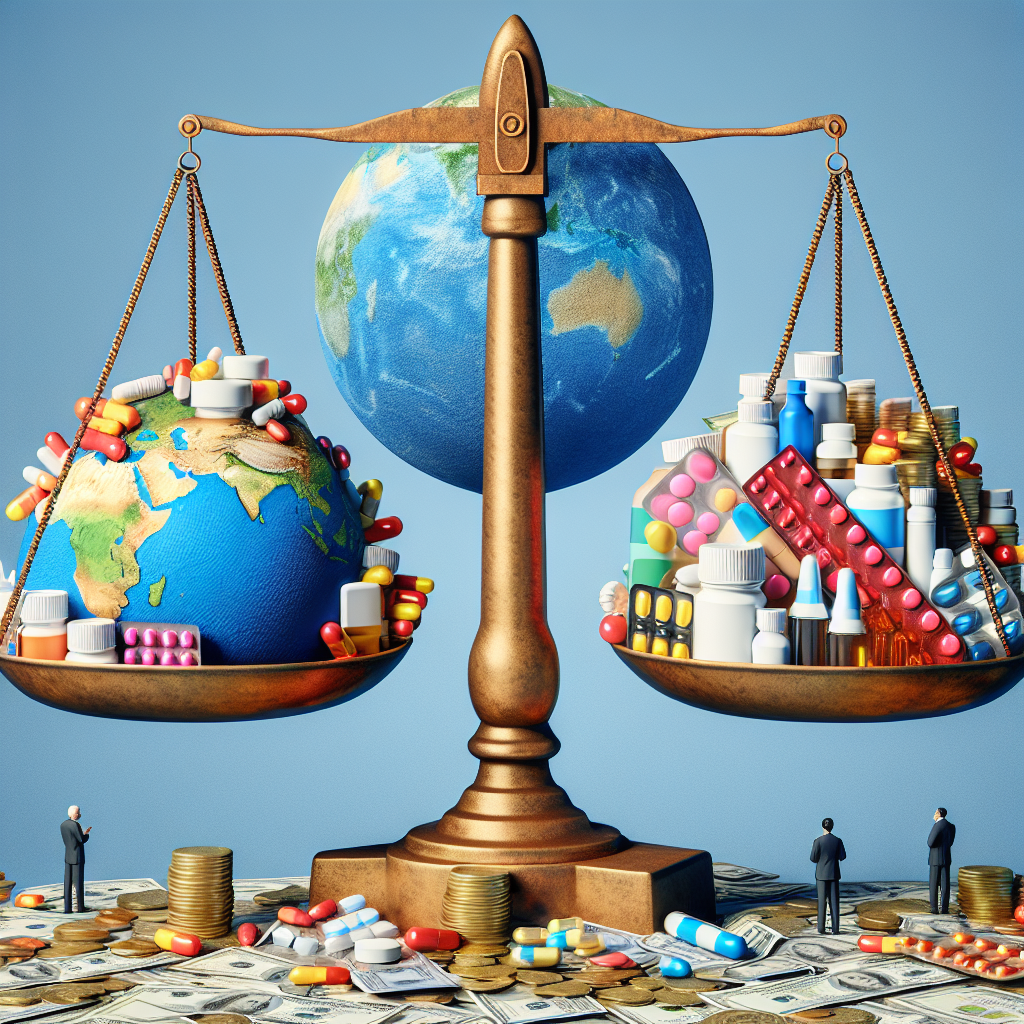Supreme Court Scrutinizes Trump's Tariff Powers
The U.S. Supreme Court is evaluating the legality of tariffs imposed by Donald Trump's administration under a 1977 law. Justices question whether this action oversteps Congress's power. The case holds global economic implications as businesses seek clarity on the president's authority to regulate imports during national emergencies.

The U.S. Supreme Court is delving into arguments over the legality of tariffs imposed during Donald Trump's presidency. Conservative and liberal justices alike raised questions about whether the tariffs overstep the powers of Congress. This marks a significant test of Trump's authority with potential consequences for the global economy.
At the center of the debate is the 1977 International Emergency Economic Powers Act (IEEPA), which Trump used to justify the tariffs as addressing a national emergency. However, skepticism abounded regarding whether the president has the right to impose tariffs without clear congressional approval, given that tariffs generally fall under congressional authority.
Solicitor General D. John Sauer defended the administration’s actions, emphasizing the tariffs' importance in negotiating trade deals. Critics, including several U.S. states and impacted businesses, argue the move exceeds presidential power and may violate the 'major questions doctrine.' The outcome may redefine executive power in trade matters.
ALSO READ
-
Supreme Court Grills President Trump's Tariff Authority
-
Trump's Tariff Policy Under Supreme Court Scrutiny Amid Economic Challenges
-
Democratic Leaders Urge Trump to Address Historic GOP-led Shutdown
-
Tariffs Under Fire: Supreme Court Scrutinizes Trump's Trade Strategy
-
Economic Concerns Erode Trump's Grip: Democrats Surge in Key Races









